The Golden State’s Elephant Ivory & Rhino Horn Trade
Every day an estimated 40 elephants and two rhinoceroses are poached for their iconic tusks and horns. The demand for ivory and rhino horn products has had an undeniable impact on global elephant and rhinoceros populations, thrusting these species into the spotlight as flagship species for those advocating against the illegal wildlife trade. While many Americans may believe that the illicit trade of ivory and rhino horn only occurs faraway overseas, it has been found that the United States is the second largest illicit ivory market in the world, second only to Hong Kong.
While the state of New York holds the title of having the largest and most lucrative ivory market in the United States, California comes as a close second. The metropolitan areas of Los Angeles and San Francisco have been accredited as some of the most active hotspots for the illegal trade of elephant ivory and rhinoceros horns within the state. However, the illicit trade of these products are not just isolated within these areas, with ivory and rhino horn seizures worth millions of dollars being reported in other major Californian cities like San Diego, San Jose, and more. Some examples include: the 2018 Carlton Gallery seizure in La Jolla, the 2017 Antiquarian Traders Inc. seizure in Los Angeles, and the 2012 Long Beach Airport seizure.
Illegal wildlife product seizures like these are hugely important and greatly aid law enforcement agencies in furthering their investigations into illegal wildlife trade syndicates. Seizures like these can alert law enforcement to illegal wildlife trade hotspots, highlight new and existing wildlife trade routes, and expose individuals tied to criminal networks that exploit wildlife for profit. Furthermore, the profits made from the illicit trade of wildlife products like elephant ivory and rhinoceros horns are frequently used to fund terrorist networks and movements of civil unrest. But without effective legislation, the enforcement against wildlife crimes is near impossible.
In 1970, California took its first steps to legally address the issue of ivory trade occurring in the state by enacting Penal Code §653o. The law effectively banned the importation of ivory into California until a later amendment of the law permitted the trade of ivory imported into the state prior to June 1, 1977 with the proper documentation. However, the import documentation was easily falsifiable, rendering the enforcement of this law ineffectual and creating a “loophole” that ivory traffickers could use to their advantage. In 2015, California Assembly Bill 96 (A.B. 96) was introduced to state legislation, seeking to resolve the legal loophole initially created by Penal Code §653o. Enacted and codified into the California Fish and Game Code (FGC
- 2022) on July 1, 2016, A.B. 96 now prohibits the importation, possession, or sale of elephant ivory, rhinoceros horn, and other ivory products (e.g., mammoth tusks, narwhal tusks, walrus tusks, etc.) with few exemptions.
In theory, A.B. 96’s stricter enforcement capabilities should lead to an increased number of successful ivory and rhino horn seizures and prosecutions. However, when you search for more publicly-available information on ivory trade incidents occurring in California, you will find that this kind of information is hard to come by. Despite knowing that there is an issue of the illicit trade of ivory in California that is sizeable and concerning enough to rouse Californian legislation to respond in force, so little data-driven information is available on the subject that these illicit trades are often overlooked.
To put it simply, the information available to the public does not reflect the true scale of the issues of elephant ivory and rhino horn trafficking occurring in California. Oftentimes, illegal wildlife trade information is not available to the public due to privacy protections surrounding open and active investigations or prosecutions. In addition, there is an impression that news agencies and the general public have little interest in the subject, thus leading to a lack of reporting of what information could be made publicly-available. If law enforcement and the media would publicize this information in a more transparent way to the public, there would be a greater public interest in mitigating the illicit trade of elephant ivory and rhinoceros horn occurring in our own backyards.
If you have found yourself on the Global Conservation Force website reading this post, it likely means that you already have an interest in supporting anti-poaching and anti-trafficking efforts. While wildlife trafficking seems to be an issue too large for any one person to tackle, you can in fact have an impact on wildlife crime occurring near you. If you see elephant ivory or rhinoceros horn or any other illegal wildlife products being sold in your community, you can report any suspicious activities using the following resources.
If you have witnessed a wildlife crime occurring in the United States, you can report it to the U.S. Fish & Wildlife by submitting an anonymous report online here or by calling their wildlife crime tipline at 1-844- FWS-TIPS (1-844-397-8477).
If you have seen suspicious wildlife trade activity within the state of California, you can contact the California Department of Fish and Wildlife by:
- Calling 1-888-334-CALTIP (1-888-334-2258),
- Texting 847411 with the message format of “CALTIP [insert what you’ve witnessed here], • Or by downloading their Apple or Android apps.
Furthermore, if you witness wildlife crime occurring online you can report it to the Coalition to End Wildlife Trafficking Online here. Any information shared with the coalition will be sent to the appropriate authorities for further investigation. And if you wish to make an impact on the illegal wildlife trade at its source, you can support anti-poaching efforts made by non profits like Global Conservation Force by making a donation.
You can be a part of the fight against the international trade of illicit wildlife products and support the conservation of endangered species!
AUTHOR – Haley Holmes
Bibliography
A.B. 96, 2015-16 Reg. Sess. (Cal. 2016). http://www.leginfo.ca.gov/pub/15-16/bill/asm/ab_0051- 0100/ab_96_bill_20150107_introduced.pdf
Fikes, B. J. (2018). La Jolla Gallery Charged in $1.3M Illegal Ivory Ring. The San Diego Union Tribune. https://www.sandiegouniontribune.com/news/sd-me-ivory-trafficking-charges-against-carlton-gallery 20181128-story.html
Hance, J. (2015). California Introduces Bill to Close Ivory Loophole. Mongabay. https://news.mongabay.com/2015/01/california-introduces-bill-to-close-ivory-loophole/
Ivory Education Institute, etc. et al. v. State of California etc. et al. (2018). Los Angeles County Super. Ct. No. BC602584. Natural Resources Defense Council. https://www.nrdc.org/sites/default/files/decision-on appeal-ivory-education-institute-v-california-20181101.pdf
Los Angeles Daily News. (2017). LA Charges 3 Men in ‘Barbaric’ Ivory Trade. Southern California News Group. https://www.dailynews.com/2017/09/06/la-charges-3-men-in-barbaric-ivory-trade/
Martin, E. and Stiles, D. (2008). Ivory Markets in the USA. Care for the Wild International and Save the Elephants. https://savetheelephants.org/wp-content/uploads/2016/11/2008IvoryMarketsUSA.pdf
Pepper, E. (2015). California Becomes Third State in the Nation to Ban Ivory Trade. Natural Resources Defense Council. https://www.nrdc.org/experts/elly-pepper/california-becomes-third-state-nation-ban ivory
trade#:~:text=AB%2096%20fixes%20this%20by,ivory%2C%20along%20with%20rhinoceros%20horn
Stiles, D. (2015). Elephant Ivory Trafficking in California, USA. Natural Resources Defense Council. https://www.nrdc.org/file/3331/download?token=CtmGvJPW
United States Department of Justice. (2016). Senior Auction Official at Beverly Hills Gallery Pleads Guilty in Manhattan Federal Court in Connection with $1 Million Wildlife Smuggling Conspiracy. U.S. Attorney’s Office – Southern District of New York. https://www.justice.gov/usao-sdny/pr/senior-auction official-beverly-hills-gallery-pleads-guilty-manhattan-federal-court
World Wildlife Fund. (2022). Endangered Species Hub: Elephants. World Wide Fund For Nature. https://wwf.panda.org/discover/knowledge_hub/endangered_species/elephants/#:~:text=Elephant%20pop ulations&text=With%20only%2040%2C000%2D50%2C000%20left,species%20is%20classified%20as% 20endangered
World Wildlife Fund UK. (2022). Fighting to End the Elephant Ivory Trade. WWF-UK. https://www.wwf.org.uk/updates/fighting-end-elephant-ivory
trade#:~:text=Elephants%20Under%20Threat&text=Fuelled%20by%20the%20ivory%20trade,elephant% 20poaching%20in%20Africa%20soared
World Wildlife Fund UK. (2022). Top 10 Facts About Rhinos. WWF-UK.
https://www.wwf.org.uk/learn/fascinating
facts/rhinos#:~:text=Rhinos%20are%20under%20threat,that’s%20around%202%20every%20day
CONNECT
- P.O. Box 956 Oceanside, CA 92049
- info@globalconservationforce.com
- EIN 474499248
- Copyright 2024. All Rights Reserved. Powered by Wild Media.


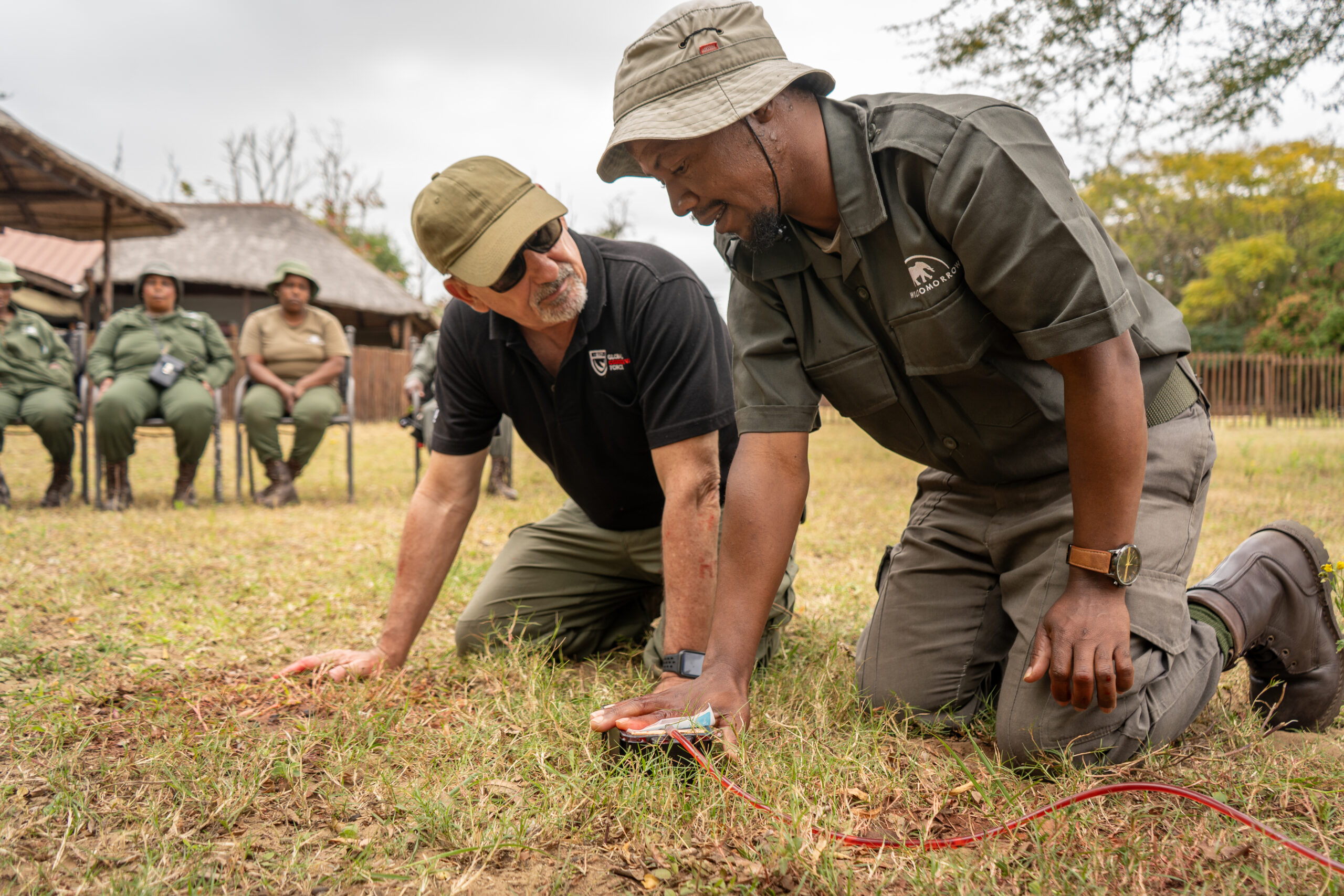
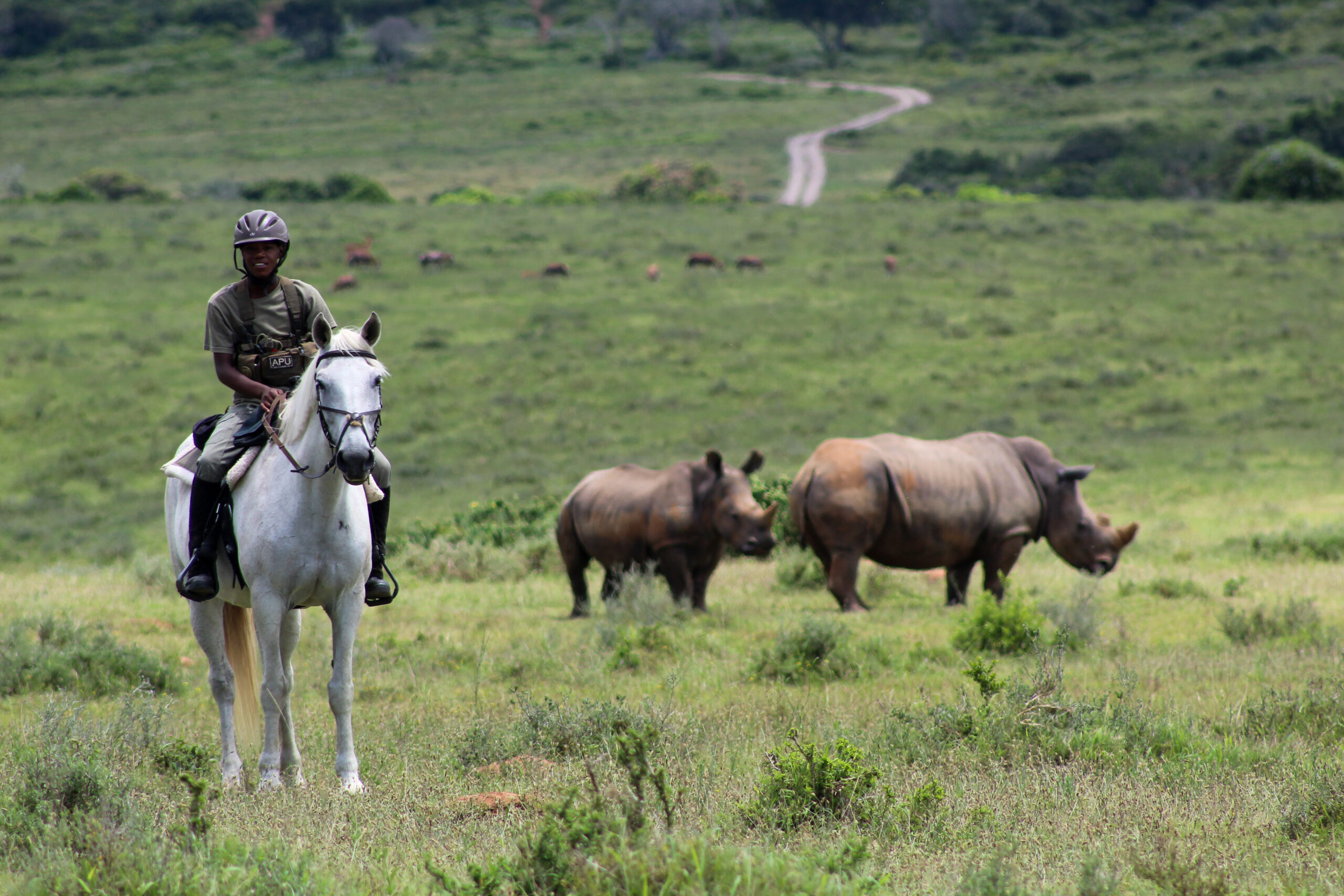
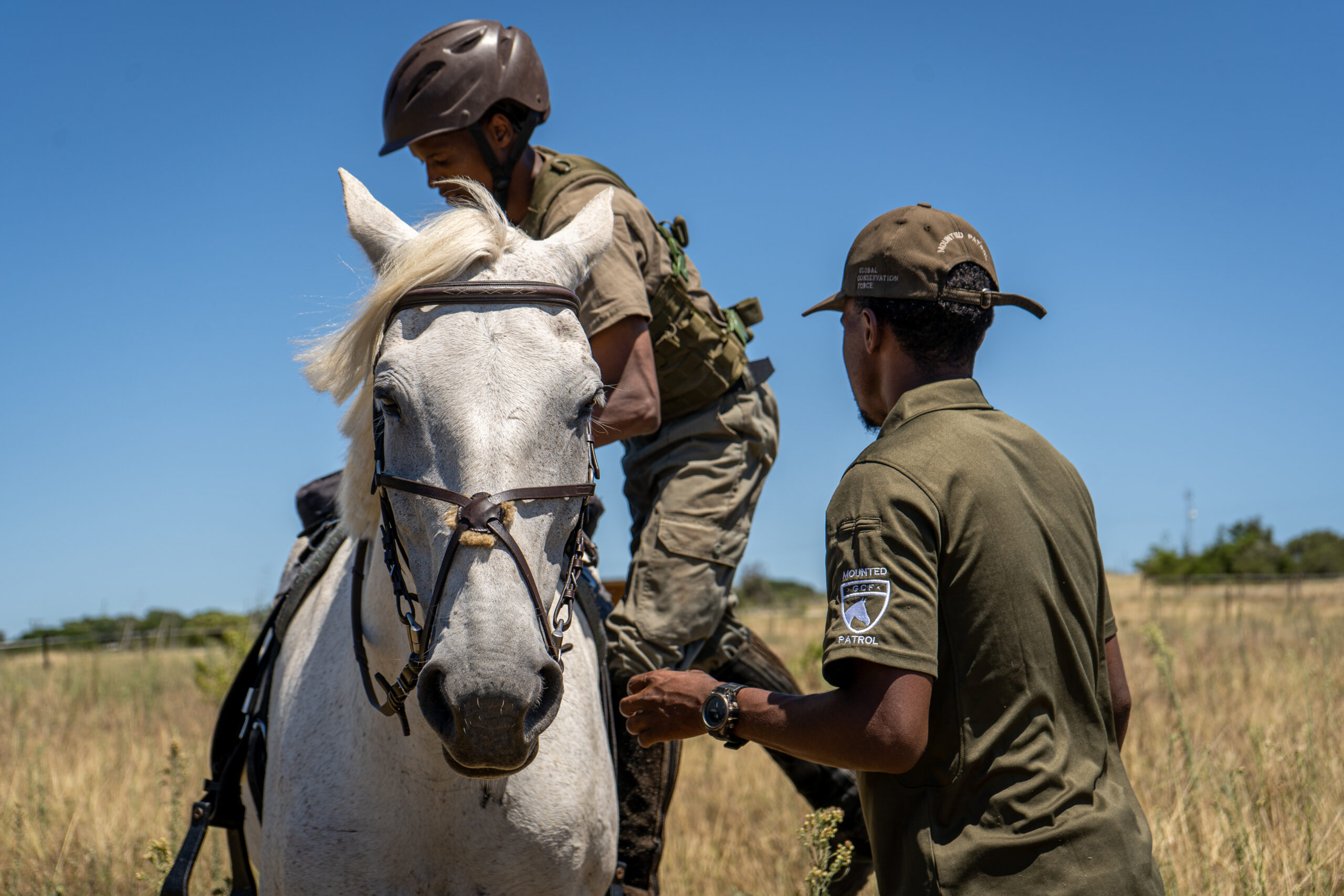
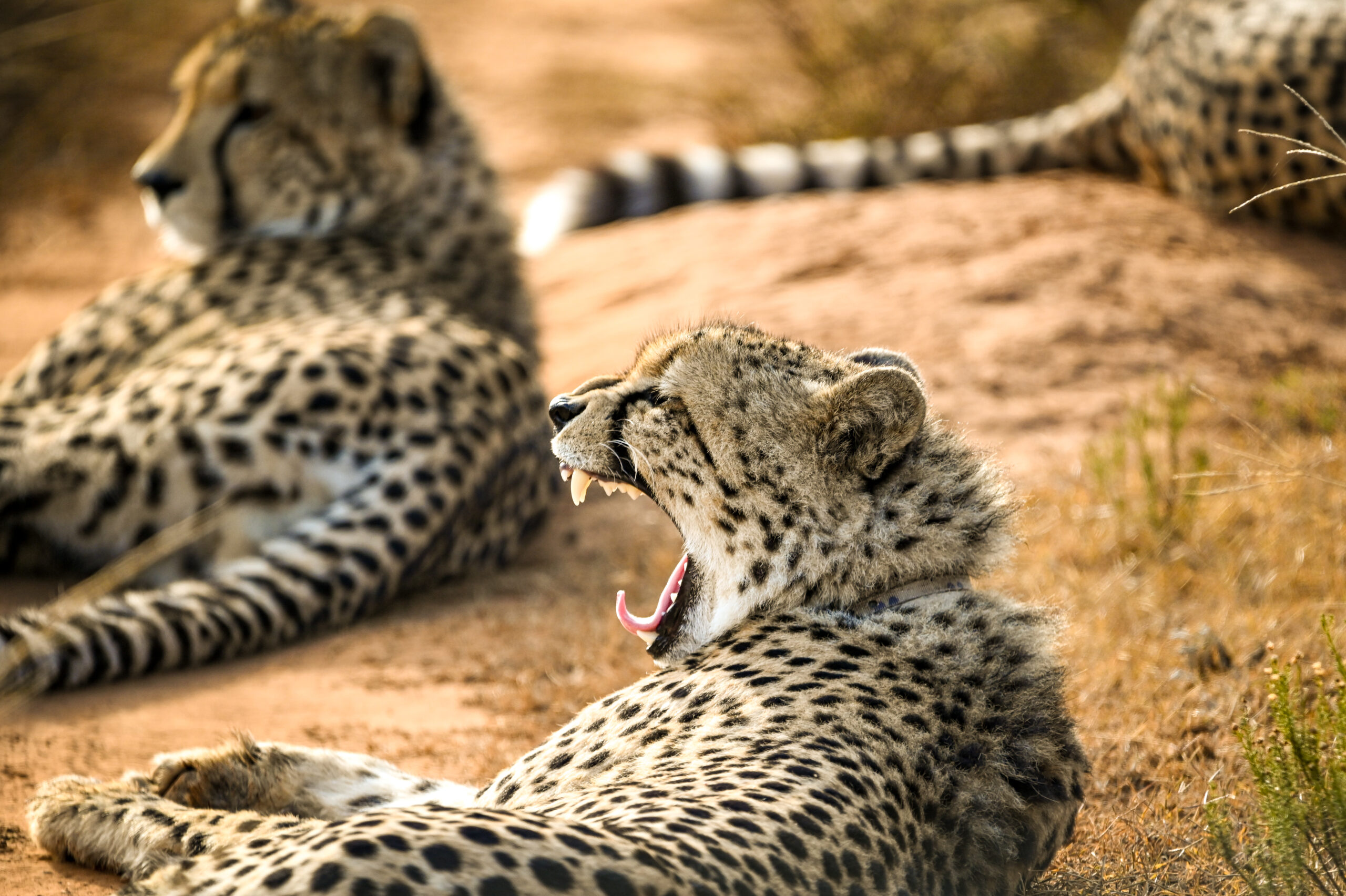
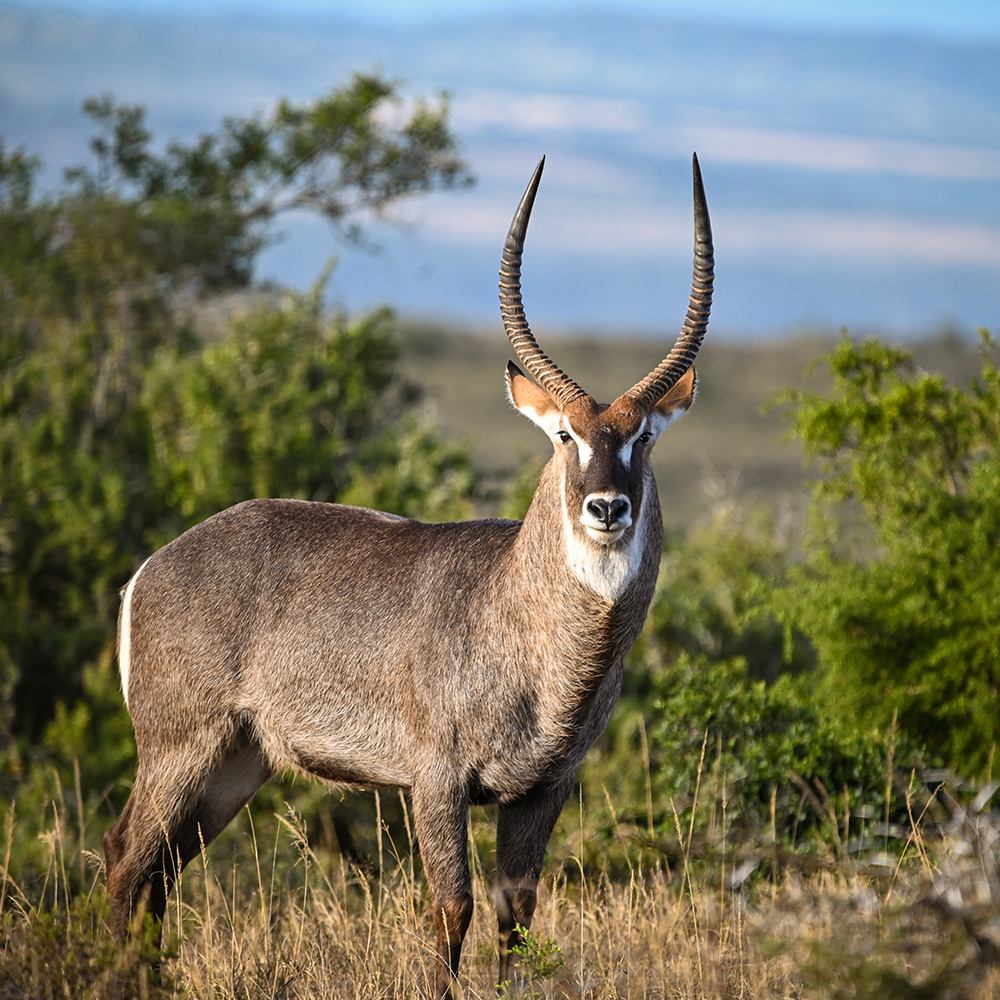
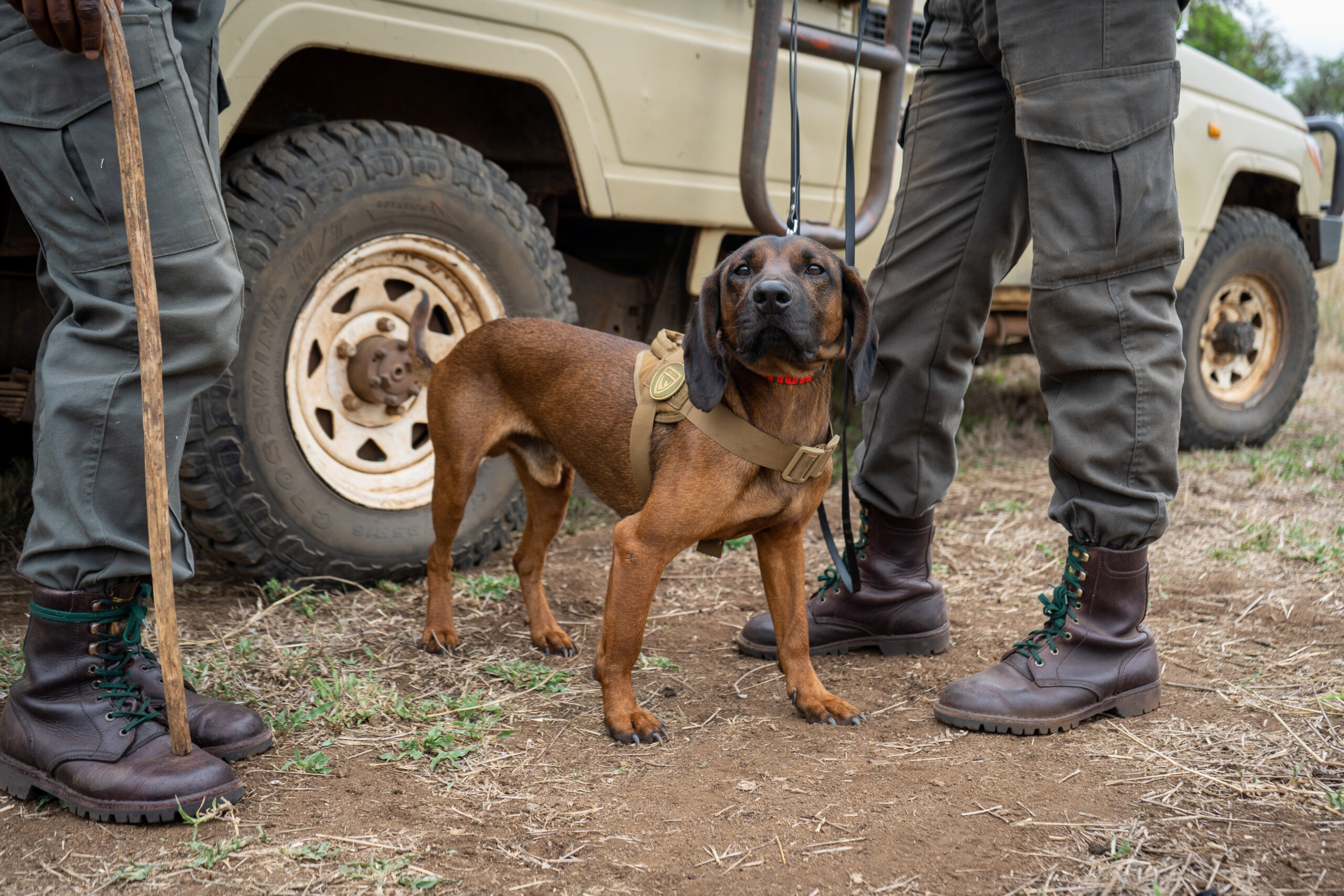
Leave a Reply